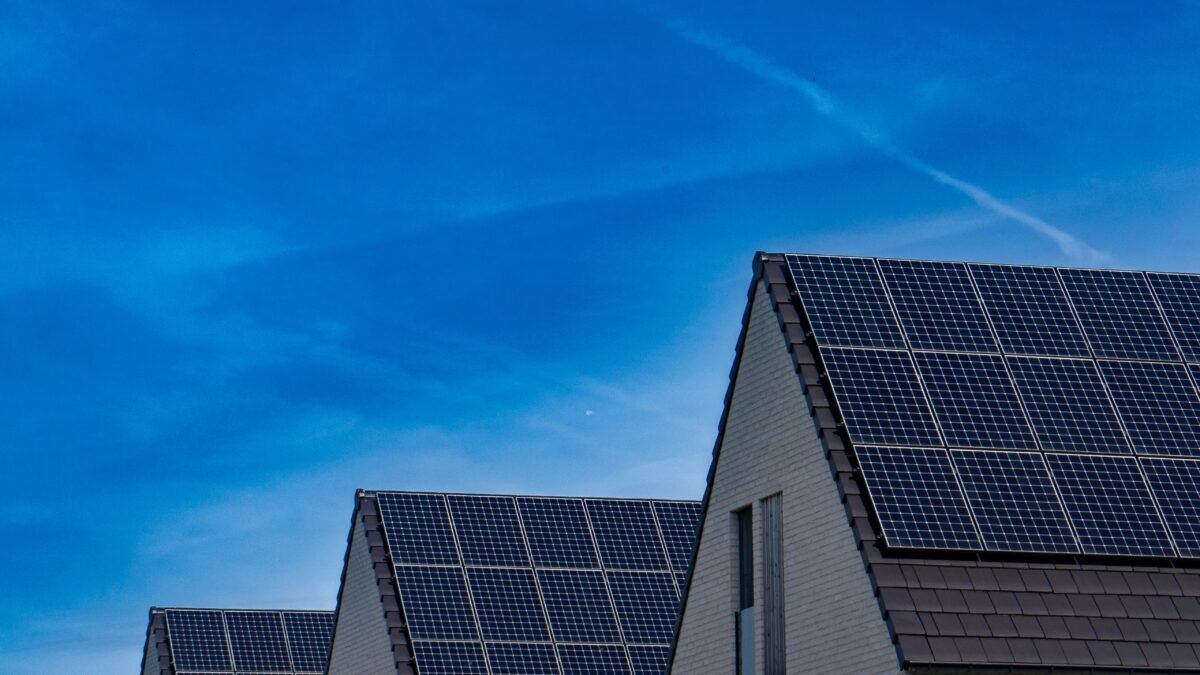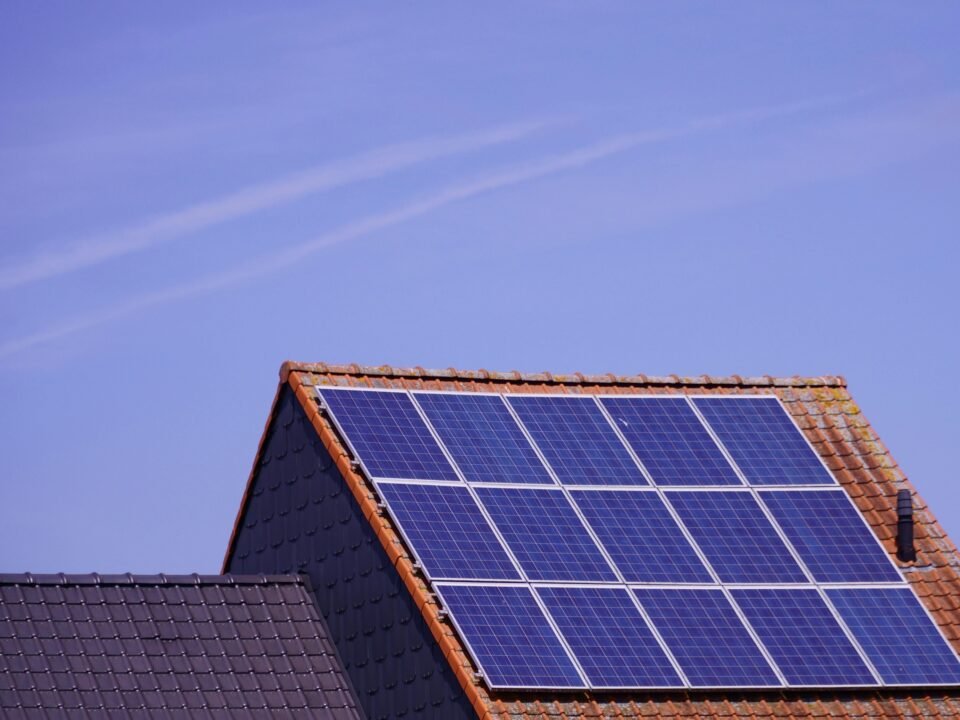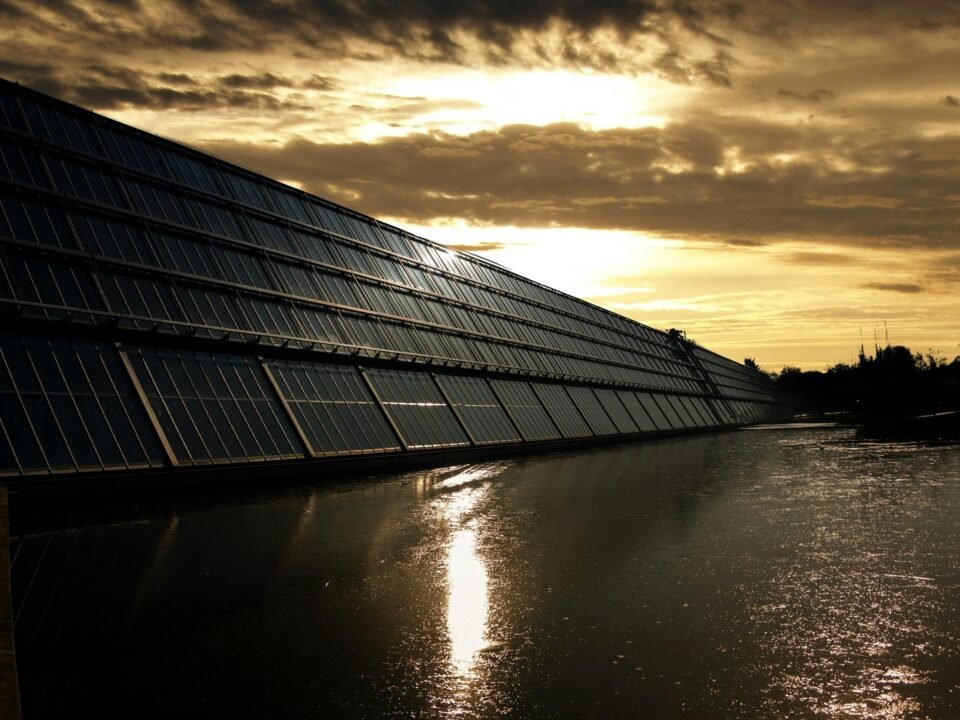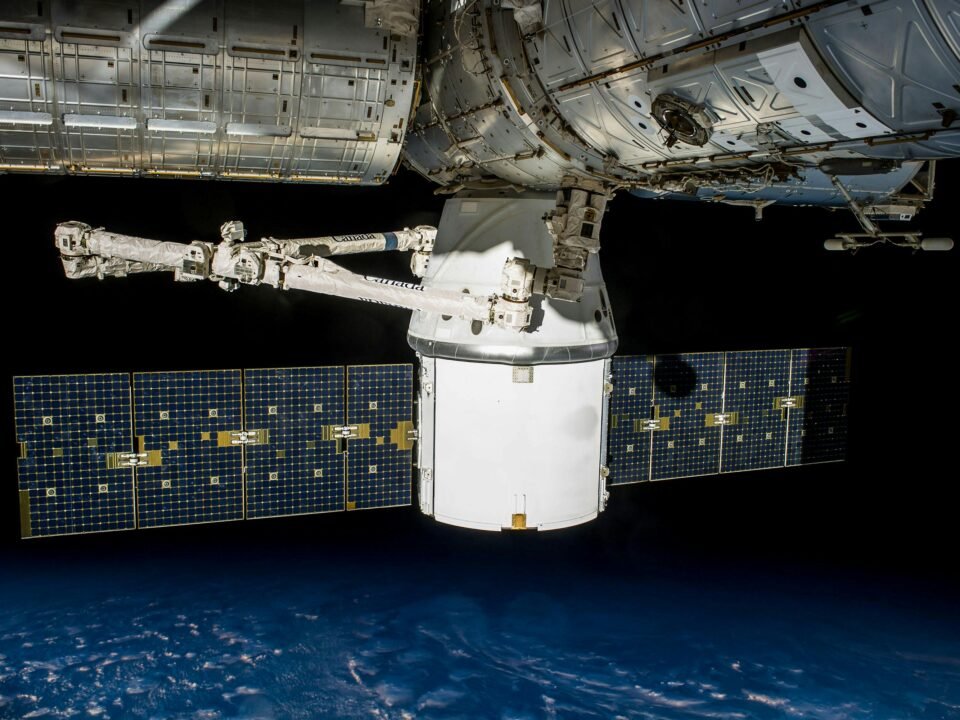
Why Go Solar? Unveiling the Transformative Power of Solar Energy
January 28, 2024
Empowering Businesses: The Untapped Potential of Commercial Solar Panels
January 28, 2024Introduction:
As the world continues its journey towards a more sustainable and eco-friendly future, solar rooftops have emerged as a game-changing solution for both homeowners and businesses. Transforming ordinary rooftops into energy-generating powerhouses, solar rooftop installations are gaining popularity for their ability to harness the sun’s energy and provide clean, renewable electricity. In this blog, we explore the concept of solar rooftops, their benefits, and the transformative impact they can have on our energy landscape.
Understanding Solar Rooftops:
Solar rooftops involve the installation of solar panels on the roofs of homes, businesses, and other structures to capture sunlight and convert it into electricity. These solar panels, often composed of photovoltaic (PV) cells, generate direct current (DC) electricity when exposed to sunlight. An inverter then converts this DC electricity into alternating current (AC), which can be used to power the electrical appliances and systems within the building or be fed back into the grid.
Benefits of Solar Rooftops:
- Clean and Renewable Energy: Solar rooftops provide a clean and renewable source of energy. By harnessing sunlight, these installations generate electricity without producing harmful emissions or depleting finite resources. This sustainable energy solution contributes to environmental conservation and helps combat climate change.
- Reduced Energy Bills: Solar rooftop installations offer homeowners and businesses the opportunity to generate their own electricity, leading to reduced reliance on traditional power sources. This self-sufficiency can result in significant savings on energy bills, particularly in regions with abundant sunlight.
- Financial Incentives and Rebates: Governments and local authorities in many regions provide financial incentives, rebates, and tax credits to encourage the adoption of solar rooftops. These incentives can significantly offset the upfront costs of installation, making solar energy more accessible and financially attractive for a broader audience.
- Energy Independence: Solar rooftops contribute to energy independence by allowing homeowners and businesses to generate power on-site. This reduces dependence on centralized power grids and enhances resilience during power outages or disruptions.
- Increased Property Value: Homes and commercial properties with solar rooftop installations often experience an increase in value. Potential buyers and investors recognize the long-term economic and environmental benefits of solar energy, making properties with solar panels more appealing.
- Low Maintenance Costs: Solar panels have minimal moving parts and generally require low maintenance. Regular cleaning and occasional inspections are usually sufficient to ensure optimal performance. This results in lower long-term maintenance costs compared to other energy systems.
- Sustainable Architecture: Integrating solar panels into rooftops is a step towards sustainable architecture. It allows architects and builders to incorporate energy-efficient design elements, creating structures that not only generate power but also contribute to a greener and more sustainable urban environment.
- Grid Support and Net Metering: Solar rooftop installations can support the power grid by feeding excess electricity back into the grid during periods of high generation. Net metering allows homeowners and businesses to receive credits for the surplus electricity they contribute, further enhancing the economic benefits of solar energy.
Conclusion:
Solar rooftops represent a paradigm shift in how we think about energy generation and consumption. From environmental benefits to financial savings and increased property values, the advantages of solar rooftop installations are diverse and far-reaching. As technology advances and awareness grows, the widespread adoption of solar rooftops holds the promise of a more sustainable and resilient energy future. It’s not just about transforming rooftops; it’s about transforming the way we power our homes and communities for a brighter, cleaner, and more sustainable tomorrow.




